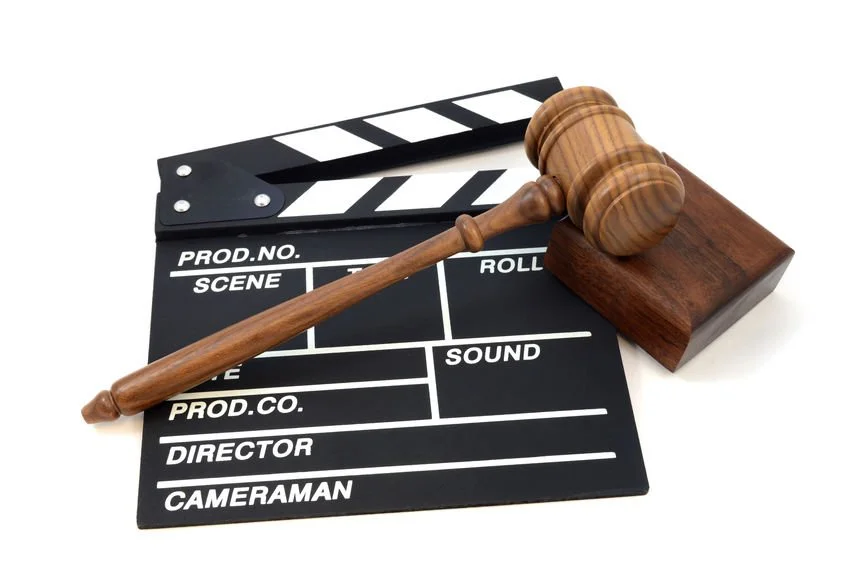What can an Entertainment Lawyer do for You?
What is an Entertainment Lawyer?
An entertainment lawyer is a lawyer who represents individuals in the film and television industry, music industry, comedy industry, and print and electronic media industry. Entertainment lawyers can represent artists in contract negotiations, talent acquisition, intellectual property matters and public or distribution rights for creative properties.
Why do I need an Entertainment Lawyer?
An artist should hire an entertainment lawyer because their agent and/or manager each represent and specialize in different interests for the artist.
Talent Agents serve as the liaison between creative talent and people looking to hire the creative talent. Talent agents can advise and negotiate contracts, however, there is no legal background or law prerequisite required. As such, creative talent may rely on talent agents that could ill advise them. Talent managers oversee business deals, supervise artists, and can also negotiate contracts. However, like talent agents, no legal background is required. Because both these positions are multifaceted, a lawyer should be hired to solely focus on risk management.
When Should I hire an Entertainment Lawyer?
Once a contract is signed between both parties, each party is legally bound to the terms and duties listed therein. A lawyer can negotiate or draft a contract in a risk minimizing manner and advise your options when considering alternatives. Moreover, a lawyer representing an artist adds legitimacy to the artist and their reputation, which in turn can make the artist a more attractive prospective client. Furthermore, a lawyer can serve as the buffer between the artist and the recruiting official during negotiations, which would not damage the relationship and enable a productive dialogue to continue. Thus, an entertainment lawyer is critical in the process so an artist is not bound to unfavorable terms and their reputation is not damaged.
Most notably, a lawyer can also protect the artists’ intellectual property such as copy rights, trademarks, and rights of publicity. Due to the complexity of these provisions, it is vital for an artist to have a lawyer review, draft, or negotiate these provisions that the artist’s right to his/her own work is safeguarded. Ultimately, having a lawyer will offset the inequities of bargaining power between the artist and the hiring recruiter.
*Disclaimer: this blog post is not intended to be legal advice. We highly recommend speaking to an attorney if you have any legal concerns. Contacting us through our website does not establish an attorney-client relationship.*

